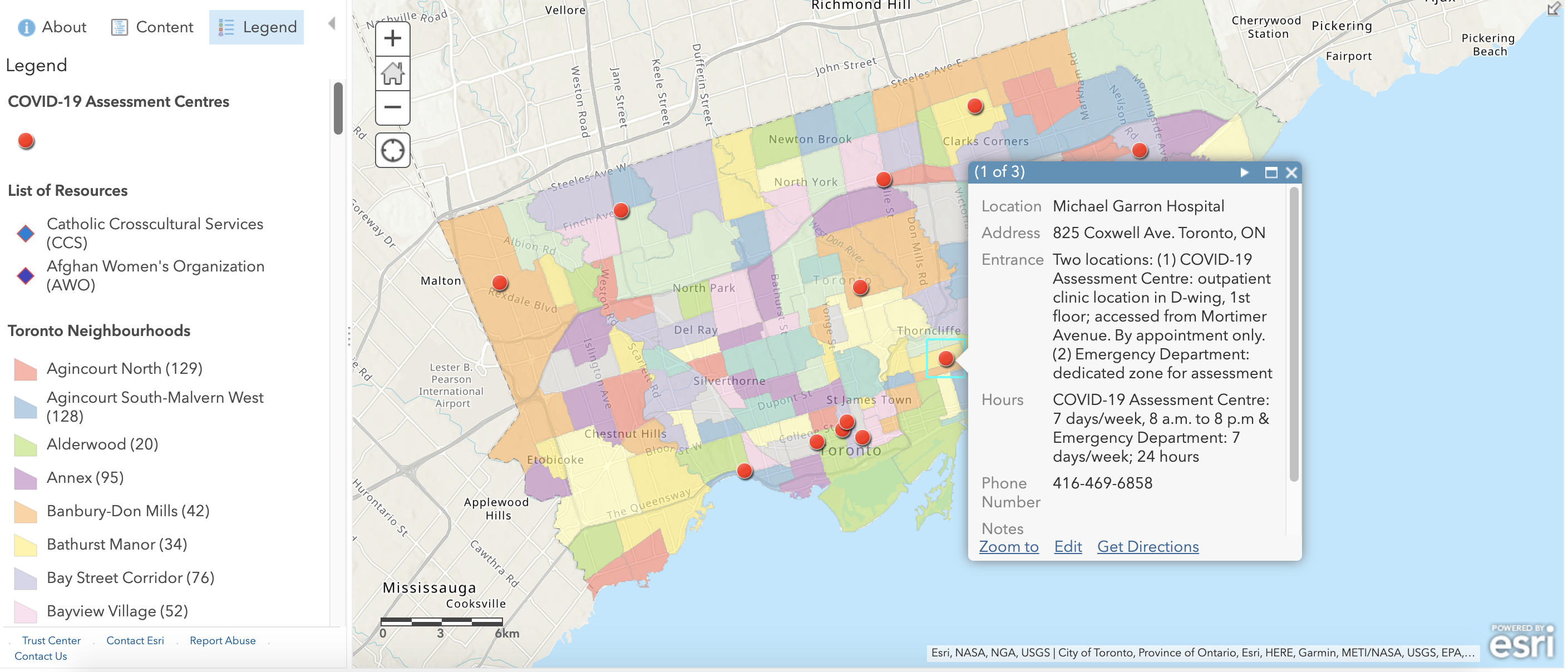Author: Greg Bloom
-
Progress Report 2021-22: Highlights from our Network
I’m excited to share Open Referral’s Progress Report for 2021-2022. You can download the report as a PDF here, and view the document online here. (All of our reports are accessible here.) Unlike our usual Year in Review, this report really describes activity across a period of 18 months overall. This is 6 months later…
-
Tackling Data Dilemmas in Social Care Coordination: A Whitepaper on Community Information Exchange
Last year – with sponsorship from Robert Wood Johnson Foundations’ DASH program, and in partnership with the Regional Data Alliance at University of Missouri St Louis – I co-authored a whitepaper that aggregated research and recommendations from across the emerging field of “social care coordination.” This paper provides a strategic framework in which to understand…
-
Improving access to legal aid by improving search results with schema.org
Despite the vast amounts of information on the Web, finding reliable information about legal services through internet searches is harder than many expect. Basic searches — for needs like assistance with evictions, help with public benefits, or protection from domestic violence — often turn bewildering as results on Google, among other search engines, typically seem…
-
Supporting the Gravity Project to expand interoperability among health, human, and social services
Often people ask how we enable care providers to actually refer their clients to another service. The answer is, well, Open Referral doesn’t actually deal with the process of “making a referral” at all! We’re working to ensure that there’s open access to information about the services to which someone might be referred. But the…
-

Open Referral’s 2020 Year in Review
Amid the disruptions and crises of 2020, the Open Referral Initiative rallied to meet increasing and rapidly changing needs for improved flow of information about community resources. As our new year starts to take shape – with collective needs for collaboration still rising unabated – we’ve taken some time to reflect on our progress and accomplishments.…
-
HHS Technology Challenge calls for interoperability solutions using HSDS
The U.S. Administration for Community Living provides funding and support to networks of community-based organizations who serve elders and people with disabilities. ACL’s grantees include a vast array of services that help people cope with food insecurity and transportation issues, manage chronic disease, support employment and economic independence, reduce social isolation, and address other factors…
-
Upgrading our specifications: A proposal for HSDS 2.0
We’re excited to share a proposed upgrade to the Human Services Data Specification, authored by our technical partners, the Open Data Services Cooperative. Over the next two weeks, we’ll field feedback on these proposed changes. Take a look at the proposal in our Github repository – you can leave comments in the Issues queue –…
-

Collaboration in crisis: responses to the pandemic across our network
With the world in crisis due to the COVID-19 pandemic, health, human, and social service providers face a harrowing dilemma: need is skyrocketing, even as providers’ ability to actually help is severely compromised. Many institutions have struggled to respond or even closed down entirely – while many new efforts to meet communities’ needs have emerged…
-
Our 2019 Year in Review
As January 2020 comes to a close, I’m pleased to share our Year in Review report for Open Referral’s 2019. The report is available to download here. You can also read it embedded in this blog post below. This year, our report features voices of stakeholders across our network — including social workers and legal…
-
Miami Open211: developing new business models for resource data-as-a-service
Open Referral has been helping the Miami-Dade 2-1-1 Helpline explore new kinds of partnership models that can deepen the impact of their operations while enhancing the sustainability of their program. (In 2017, we reported on the first phase of our … Continue reading →